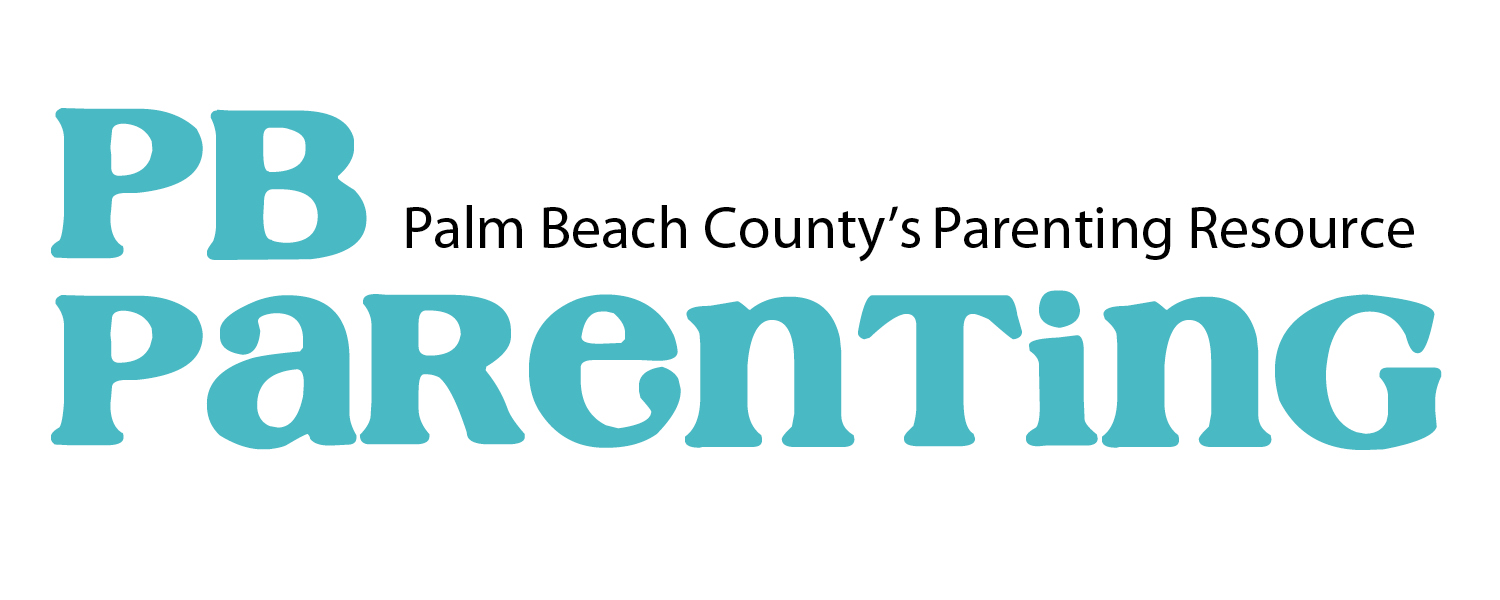10 Ways To Keep Cool When It’s Hot

Wow it is hot out! It is hard to keep your cool in South Florida when temperatures reach the mid 90s for the next few months. It is important to stay cool not only for your comfort but your safety. Dangerously high temperatures can result in heat-related illnesses ranging from heat cramps to heat exhaustion and heat stroke. Signs of heat exhaustion include:
• Heavy sweating
• Cold, pale, and clammy skin
• Fast, weak pulse
• Nausea or vomiting
• Muscle cramps
• Tiredness or weakness
• Dizziness
• Headache
• Fainting (passing out)
If you think you or someone is suffering from heat exhuastion move to a cool place, loosen your clothes, put cool, wet cloths on your body or take a cool bath and sip water. Get medical help right away if: You are throwing up, your symptoms get worse or your symptoms last longer than 1 hour
Signs of heat stroke include:
• High body temperature (103°F or higher)
• Hot, red, dry, or damp skin
• Fast, strong pulse
• Headache
• Dizziness
• Nausea
• Confusion
• Losing consciousness (passing out)
If you think you or someone is having a heat stroke Call 911 right away-heat stroke is a medical emergency,move the person to a cooler place, help lower the person’s temperature with cool cloths or a cool bath and do not give the person anything to drink.
The following tips can help you keep cool all summer long.
1. Beat the sun and heat with an early morning or evening activity or workout.
2. Try to stay in the shade when outdoors during peak sunlight.
3. Wear loose-fitting clothing, preferably of a light color. Also cotton clothing will keep you cooler than many synthetics.
4. Fill a spray bottle with water and keep it in the refrigerator for a quick refreshing spray to your face after being outdoors or take it on the go with you!
5. Fans can help circulate air and make you feel cooler even in an air-conditioned house.
6. Try storing lotions or cosmetic toners in the refrigerator to use on hot, overtired feet.
7. Keep plastic bottles of water in the freezer; grab one when you’re ready to go outside. As the ice melts, you’ll have a supply of cold water with you.
8. Take frequent baths or showers with cool or tepid water.
9. Combat dehydration by drinking plenty of water along with sports drinks or other sources of electrolytes. Avoid caffeine and alcohol as these will promote dehydration.
10. Instead of hot foods, try lighter summer fare including frequent small meals or snacks containing cold fruit or low fat dairy products. As an added benefit, you won’t have to cook next to a hot stove.
Finally, use common sense. If the heat is intolerable, stay indoors when you can and avoid activities in direct sunlight or on hot asphalt surfaces. Pay special attention to the elderly, infants, and anyone with a chronic illness, as they may dehydrate easily and be more susceptible to heat-related illnesses. Don’t forget that pets also need protection from dehydration and heat-related illnesses too. For more information on what to do in extreme heat go to https://www.cdc.gov/disasters/extremeheat/warning.html


